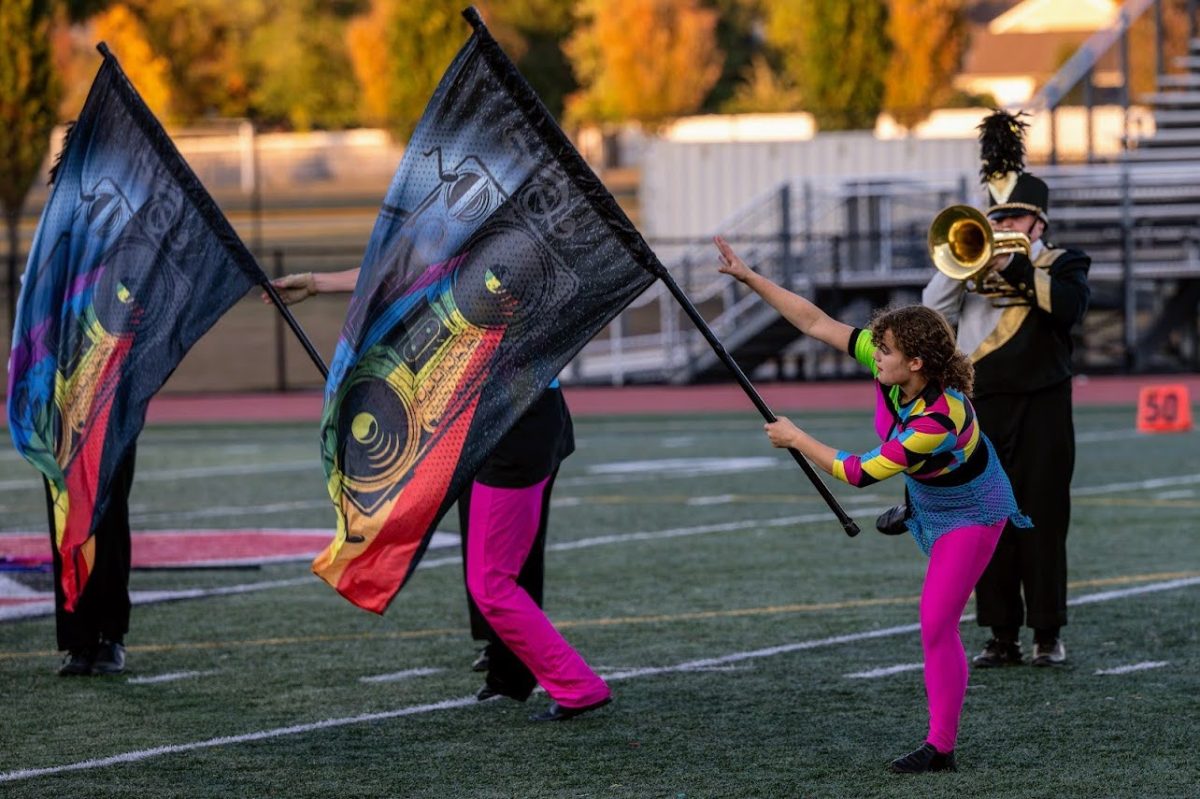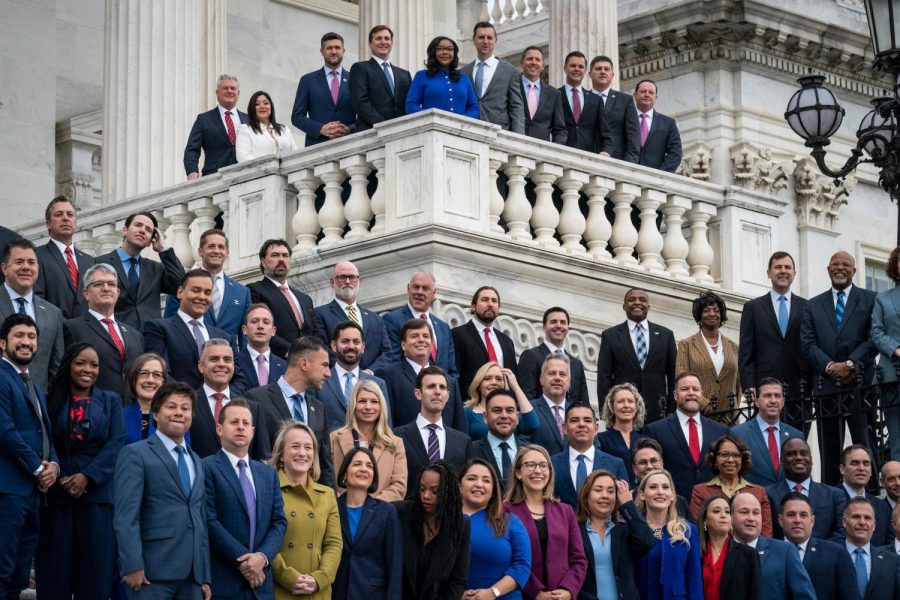The 118th Congress
Jabin Botsford, Sarah Silbiger, and Elizabeth Frantz
Newly elected members of Congress together during orientation
By now, the results of the 2022 midterm elections are clear: the Democrats maintain control of the Senate, and the Republicans narrowly gain control of the House, upending the prediction of a looming “Red Wave” that would seize anti-inflation, anti-crime, and anti-Biden sentiment to propel the GOP to national dominance.
But the upcoming 118th Congress also has some more unique facets- ones which indicate a tightly-contested political environment in which the youth vote holds growing significance.
Why Georgia Matters
On Tuesday, December 6th, Democrat Reverend Raphael Warnock defeated Republican Herschel Walker to secure a Georgia Senate seat in a runoff election. So, why has there been so much national attention on this race when the Democrats control the Senate?
Currently, the Senate is technically split 50-50 between the parties, and Vice President Kamala Harris casts the tie vote in favor of the Democrats. Due to this even divide, power must be shared on Senate committees, which preview— and therefore have the power to stall or sometimes reject— bills and presidential nominees (such as federal judges).
With the 51-49 Democratic majority secured by Warnock’s victory, the Democrats will control committees, helping them advance their legislation.
Additionally, the greater quantity of Democrats diminishes the power of any individual Democrat to hold up the party’s agenda. In the 117th Congress, for instance, moderate Senators Joe Manchin (D-WV) and Kyrsten Sinema (D-AZ) forced Democrats to negotiate with them to ensure the passage of key bills.
However, Sinema declared on December 9th that she would switch her official party identification to Independent. She has said that she will not caucus (or work) with Republicans, but the effects of this shift on Democrats’ hopes for committee majorities and chamber control remain to be seen.
First Gen Z Congressperson
Maxwell Alejandro Frost (D-FL) became the first member of Gen Z— that is, the generation of current high school students— to be elected to Congress.
Although members of Gen Z, born between 1997 and 2012, were unable to run in prior elections due to the constitutional requirement for House representatives to be at least 25 years of age, being elected at that age is still a rarity.
In terms of policy views, Frost has highlighted the need to end gun violence. He acted as the National Organizing Director of the March for Our Lives organization. He also campaigned on environmental issues, racial justice, and abortion rights.
Battle for the Speaker of the House
House representatives choose a new leader, known as the Speaker of the House, every two years, when a new congress has been elected. The Speaker directs which members and bills are assigned to which committees and schedules bills for debate by the whole House once they pass through a committee’s hearings and revisions.
The role typically goes to the leading member of the party that has won control- in this case, Kevin McCarthy (R-CA), who served as Minority Leader while Democrats held the House during the 117th Congress.
However, this year, right-wing hardliners have signaled that they will challenge McCarthy’s election. Andy Biggs (R-AZ) has announced his own candidacy for Speaker, demanding reforms such as placing more Republicans on key committees.
Because the GOP holds 222 seats, and 218 are required to ensure a Republican majority in any vote, they would need nearly every party member to agree on the same candidate for Speaker. And if they do not manage to get 218 votes on the first try, the election will require multiple ballots (or votes) for the first time since 1923.
High Youth Turnout in the Midterms
According to Tufts University’s Center for Information and Research on Civic Learning and Engagement (CIRCLE), the second highest percentage of voters aged 18-29 in the past 30 years (27%) participated in the 2022 midterm elections.
18-29-year-olds are typically the least-engaged age group, so an increase in their participation can have an outsized impact. In particular, CIRCLE reported that young voters favored Democrats by 28 points.
Of course, researchers don’t know enough to say whether young voters swayed the midterms as a whole in favor of Democrats. But, as CIRCLE pointed out, this engagement represented part of a general upward trend in youth participation, suggesting the need to track this pattern in the future.
Ultimately, the parties’ narrow margins of control in Congress and the sense that a new generation has become more involved mean that high school students’ future votes matter, as much as, if not more than, ever.
























